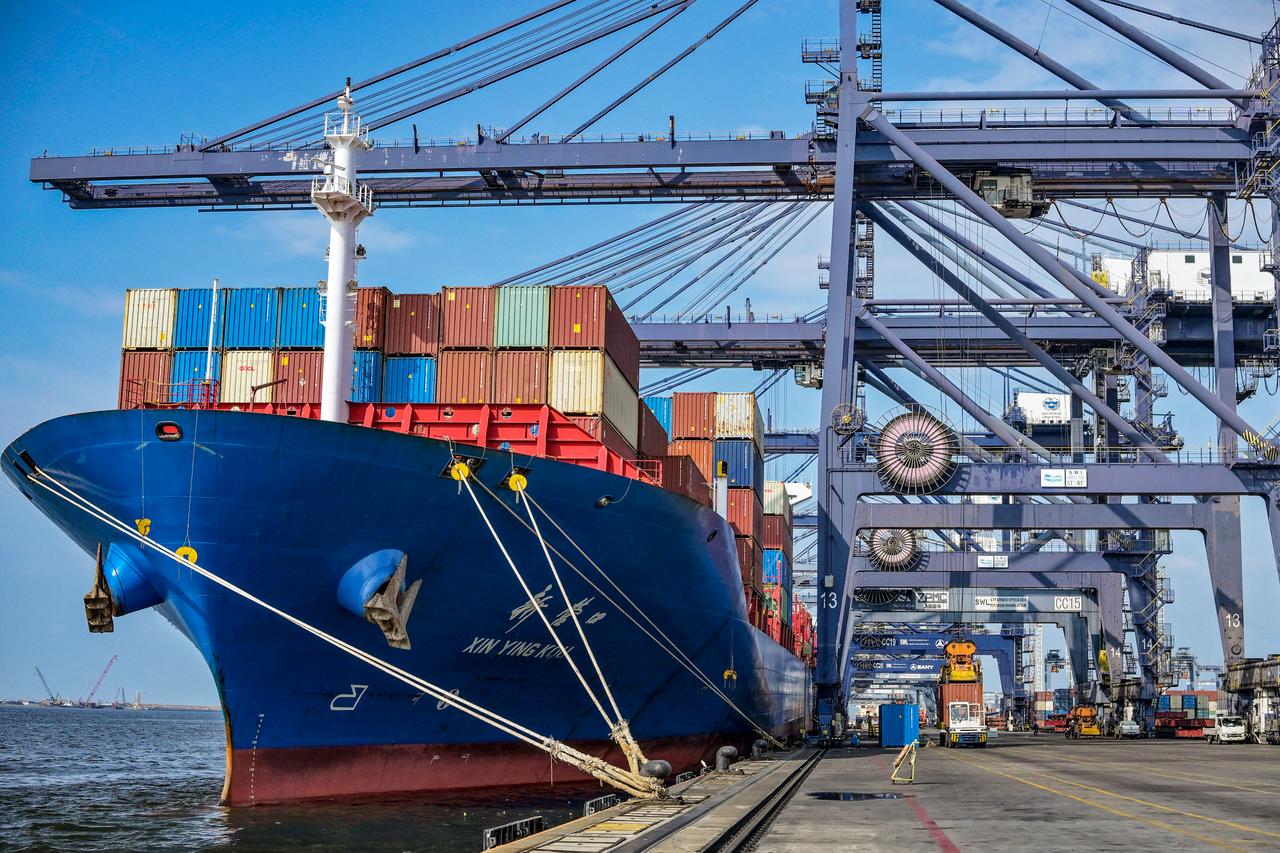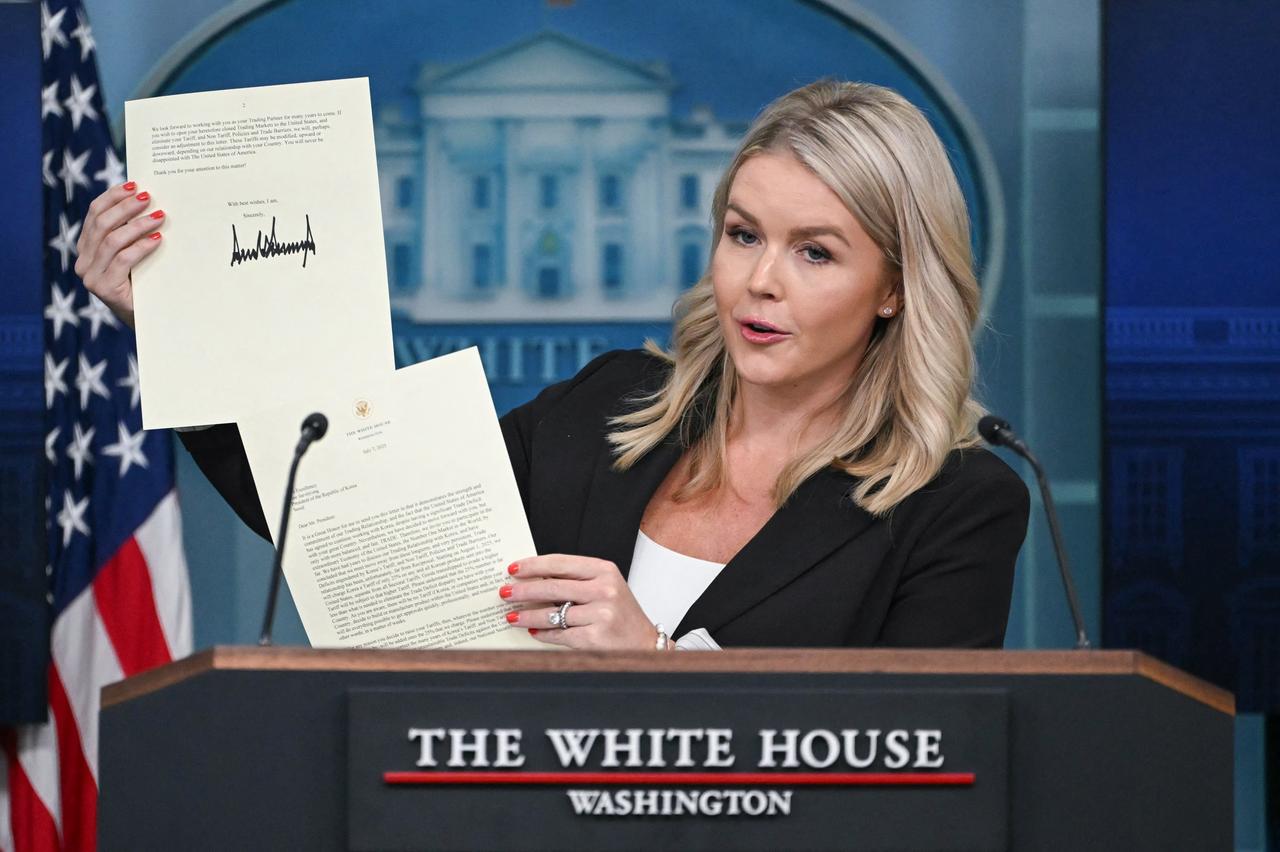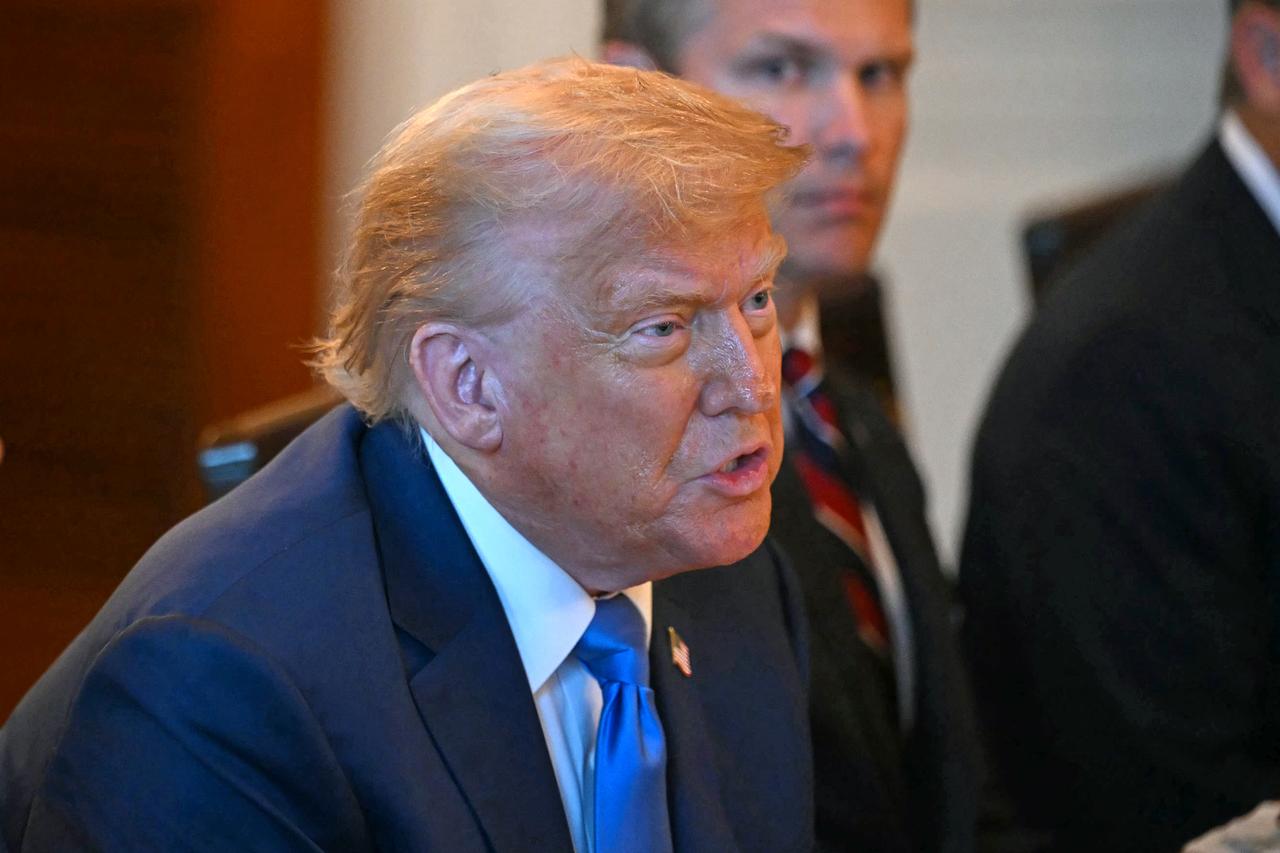
U.S. President Donald Trump signed an executive order on Monday, postponing the implementation of reciprocal tariffs until Aug. 1, offering trading partners a final chance to reach new agreements before higher duties take effect.
The order, published by the White House, extended the tariff deadline originally set for July 9, citing ongoing negotiations with partner countries and additional input from senior officials.
“I have determined ... that it is necessary and appropriate to extend the suspension effectuated by Executive Order 14266 until 12:01 a.m. eastern daylight time on August 1,” the executive order stated.
The White House has announced tariffs ranging from 25% to 40% on goods from 14 countries:
These measures follow a previous tariff announcement on April 2—referred to by Trump as “Liberation Day”—which included a 10% baseline tariff on all countries. Trump initially suspended that broader tariff for 90 days to stage trade talks with the affected countries.

Although Trump emphasized that the Aug. 1 deadline is a “firm” cutoff, he indicated flexibility for countries willing to propose alternative solutions. Speaking alongside Israeli Prime Minister Benjamin Netanyahu, he said: “If they call up and they say ‘we'd like to do something a different way,’ we're going to be open to that.”
Asked whether the tariff letters sent on Monday marked the final terms, Trump responded: “We’re always subject to negotiate something that’s fair, but we’ve talked to most of the countries ... We just wanted fairness.”

The U.S. administration has faced mounting pressure to demonstrate progress after pledging “90 deals in 90 days.” So far, it has reached agreements with the United Kingdom and China and is reportedly close to finalizing a deal with India.
According to Treasury Secretary Scott Bessent, further announcements are expected within 48 hours.
In the meantime, leaders from targeted nations have expressed concerns. Japan’s Prime Minister Shigeru Ishiba called the 25% tariffs “genuinely regrettable,” while South Korea’s national security adviser met with his U.S. counterpart in Washington in hopes of advancing discussions.
Thailand’s acting prime minister said he was seeking a “better deal,” and Malaysia reiterated its commitment to a “balanced, mutually beneficial” trade agreement with the United States.
U.S. stock indexes declined Monday amid renewed trade tensions. The Nasdaq fell 0.9%, while the S&P 500 dropped 0.8%, as investors weighed the implications of Trump’s expanded tariff measures.
The European Commission reported that Commission President Ursula von der Leyen had a “good exchange” with Trump on trade during a call held Sunday, indicating that negotiations with U.S. allies remain ongoing.